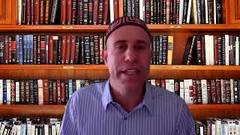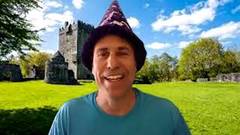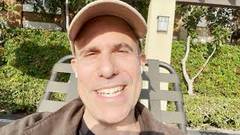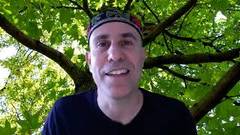Clergy Teachings
Our Clergy

Rabbi K’vod Wieder
From Rabbi K'vod Wieder
Rabbi K’vod shares a little bit about the COVID Task Force’s decision to offer synagogue programming online for the month of January:
Rabbi K’vod discusses how the recent U.N Vote undermines the Jewish connection to the land of Israel:
Rabbi K’vod shares how the reconciliation of Joseph and his brothers can be instructive to how we can build relationships in a world of toxic polarization:
Rabbi K’vod shares a Hanukkah message about exceeding expectations:
Rabbi K’vod shares a Thanksgiving message with some ideas of how to make Chanukah a festival of gratitude:
What does it mean to be part of “Yisrael” - the people of Israel? Rabbi K’vod shares a surprising interpretation from this week’s Torah portion:
Rabbi K'vod shares how Abraham's test might actually be to go against his own upbringing to show his humanity:
Rabbi K’vod shares some thoughts about how to engage these powerful days before Rosh Hashanah and Yom Kippur:
As we approach the High Holy Days, Rabbi K’vod speaks about the challenge of forgiving others and how to understand this difficult work of the season.
Rabbi K’vod shares about our Jewish obligation to one another regarding vaccinations and shares COVID-19 related policies for the High Holy Days. Attached is the Committee of Jewish Law and Standards ruling entitled - Vaccination and Ethical Questions Posed by COVID-19 Vaccines”
Our own personal and spiritual development is a journey. Rabbi K'vod shows how the opening line of this week's Torah portion gives us enables us to recognize the important steps on the journey, so we don't always feel that we fall short of who we could be.
Why do we find so many Jews seeking spirituality in Eastern religious traditions? Rabbi K'vod connects this phenomena to the role of the Kohanim - the priests when they encounter death.
The Torah teaches: "Don't stand idly by the blood of your fellow" (Lev 19:16). Rabbi K'vod explores in what way this obligates us to address the suffering of others.
Rabbi K'vod connects the "tzara'at" (skin disease) in this week's Torah portion with being more aware about how speak about and treat each other.
Rabbi K'vod shares about how the story of Nadav and Avihu in this week's portion teaches the importance of boundaries in relationship.
Rabbi K’vod shares how we learn from Miriam and the women about keeping hope alive in dark times:
Rabbi K’vod responds to questions from our community about the meaning of “fours” in the Passover seder and some of the halachic challenges of preparing for Passover when Erev Pesach is Shabbat:
Rabbi K’vod discusses the power of community to create the world we want to see:
What's more important- behavior or character? In this interpretation of the Golden Calf story, Rabbi K'vod explores how the story addresses this issue for today:
Rabbi K'vod talks about what is the function of Jewish Holidays:
Parshat Mishpatim
Rabbi K’vod shares a strategy about finding God in the details from this week’s Torah portion.
Teva and Torah Parshat Vayigash
Teva and Torah
Teva and Torah: Parshat Vayechi
Teva and Torah:
Rabbi K’vod shares a rabbinic teaching to address the shocking event at the Capitol this week:
Teva and Torah: Parshat Va’era
Rabbi K’vod shares how the dialogue between Moses and Pharaoh can give us deeper insight into the difference between freedom and liberty.
Teva and Torah: Parshat Bo
Rabbi K'vod shares how the plague of darkness is relevant to our own personal and spiritual growth. How do you illuminate darkness in your life?
Rabbi K’vod shares how singing is an act of faith and its connection with Tu B’sheva:
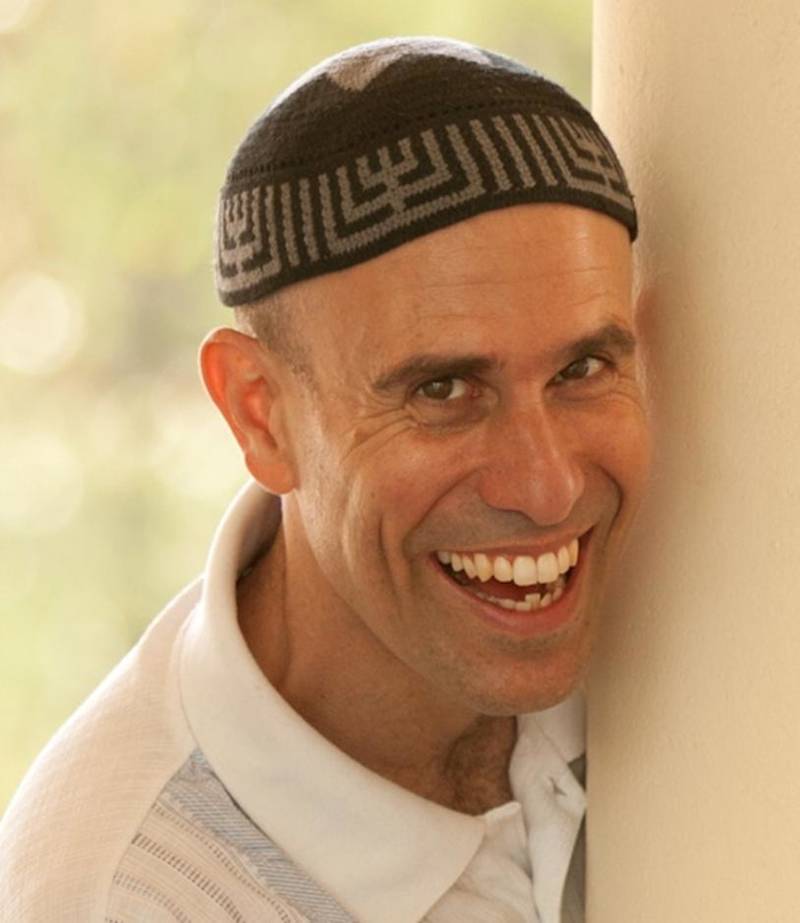
Mon, October 13 2025
21 Tishrei 5786
Today's Calendar
| Hoshana Rabah |
| Columbus Day Indigenous Peoples' Day |
| No Religious School |
| Candle Lighting : 6:02pm |
Upcoming Programs & Events
Oct 13 |
Oct 14 |
Oct 14 |
Oct 14 |
Oct 14 |
View Calendar
| Temple Beth El of South Orange County 2A Liberty, Aliso Viejo, CA 92656 (949) 362-3999 |
Contact Donate Membership My Account Livestream Strategic Plan See Something - Say Something Report Anti-Semitism |
|
Privacy Settings | Privacy Policy | Member Terms
©2025 All rights reserved. Find out more about ShulCloud


